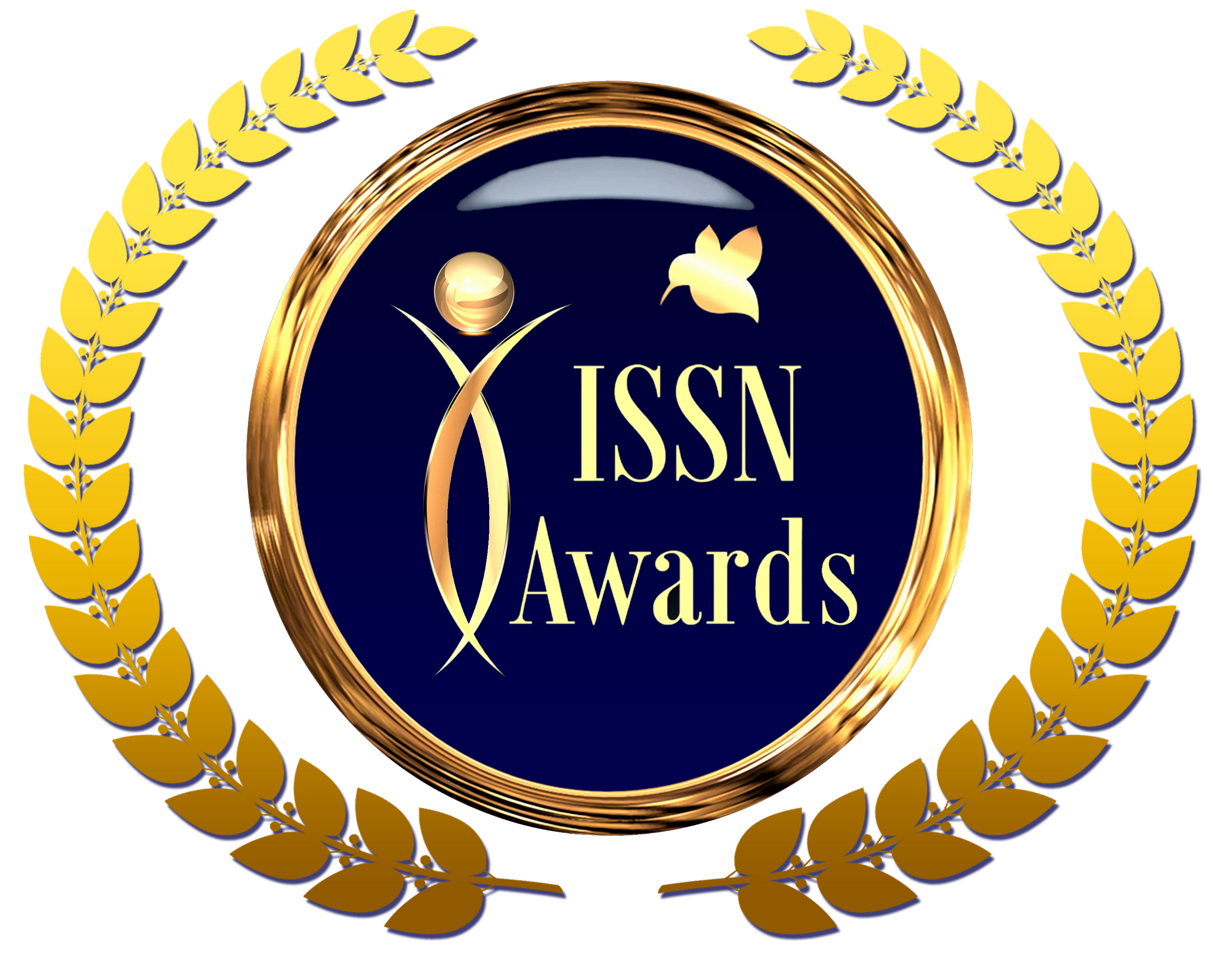Credibility of ISSN Awards
We understand that award notifications can sometimes raise concerns, especially in today’s digital environment. We’re writing to confirm that the International Society For Scientific Network Awards is a legitimate and respected initiative organized by WRC and Oxford Research to recognize excellence in research field.
To provide clarity:
-
Established Reputation: The International Society For Scientific Network Awards has been active since 2021, with a strong history of recognizing impactful research. We now receive over 2,500 applications annually, a number that continues to grow—highlighting the trust and interest we’ve earned within the academic community.
-
The delegate fee: This fee covers the administrative services, benefits, deliverables associated with the recognition and other paid services.
-
Transparent Review Process: Submissions are reviewed by an independent committee of scholars (WRC, Oxford Research) and professionals in the field. Evaluation criteria are publicly listed on our website in FAQ (Judging Criteria).
-
Recognition and Impact: Winners receive [certificates/International Collaborations/recognition], and are featured in event.
-
Verification: For additional verification, feel free to explore queries in issnawards@gmail.com
Selection Criteria
The ISSN Award is given to individuals who have made a significant contribution to knowledge or academic excellence. This contribution could be a long-term, cumulative contribution or a single, particularly insightful idea, experiment, application or interpretation.
The selection committee may consider the following criteria in selecting the recipient:
-
In general, the candidate should have already published work which is widely recognized.
-
Demonstrated excellence in research, scholarly work.
-
Recognition by professional societies, community organizations or other external bodies.
-
Contributions to the research environment both locally, nationally, and internationally.
-
Contributions to the training and education.
-
Promise a substantial impact not only on their research community.
-
The technical soundness of the proposed approach.
-
The proposer’s recent research performance.
-
On the basis of new discoveries or fundamental advances within its field of science and engineering.
-
Contribute to the basis for new or improved technology or solution of societal problems.
-
To have better understanding or improvement of the quality, distribution, or effectiveness.
-
Terms of the clarity of the aims, the significance of the problem, and the adequacy of the methods and procedures for achieving the aims.
-
Will consider the feasibility of the proposed research.
-
Are the proposed research question, design, and methodology of significant scientific and technical merit?
-
Is the plan for developing/enhancing the Nominee’s research skills appropriate and adequate?
-
A sustained record of research publications in peer-reviewed journals, research monographs, and/or research-oriented texts.
-
Publication awards or other forms of honorary recognition.
-
Publications by others in the field that make substantial use of the nominee’s publications.
-
Substantial positive impact on the field.
-
Record of presenting at national and/or international conferences.
